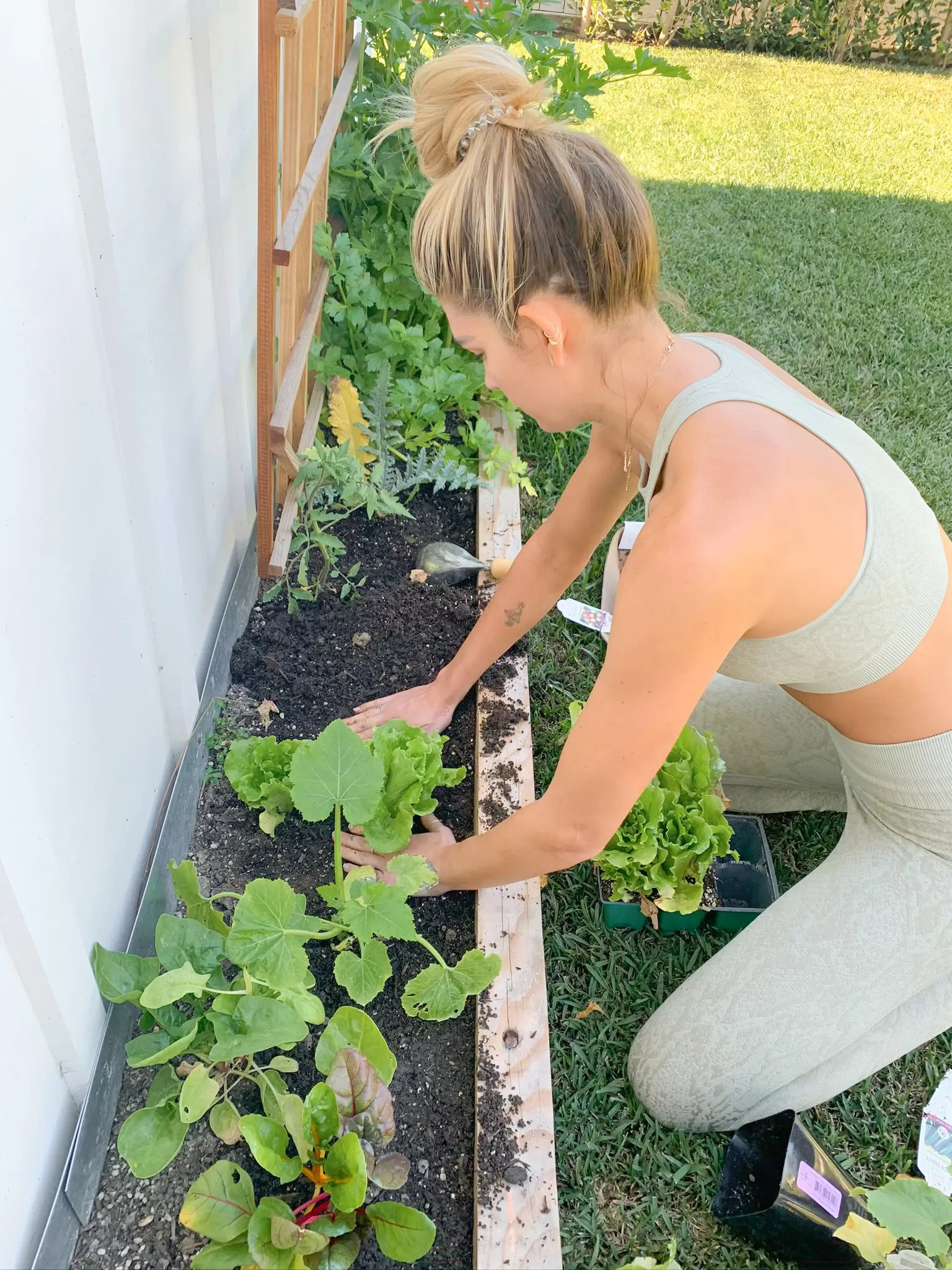
12 Benefits of Growing Organic
Produce is better than no produce, however I am a huge advocate for organic and here is why! I live by my motto, “If it is not organic, try to find an alternative”. I have come to realize we cannot always have what we want (though we are made to believe this in modern day society), and sometimes it actually makes for a tasty surprise in your recipe.
1) Support your local Organic Farmer
You directly impact and help fund local organic farms when you buy organic. If you are buying from a farmers market, many times you will meet some of the amazing farmers who work so hard to provide the community with crops. Many farms allow for visitation and you can see directly where your food is coming from.
2) Demand is Key
Demand WILL drive price down. This is one of the most frustrating topics for me, because our food choices should not be determined by the food industry. Many would like to buy organic but it is typically a lot more expensive than non organic. I have seen organics sell for double the price ! In many cases, this almost forces the consumer to buy non organic. This is why going back to my motto above is helpful. Prices will go down when stock is high, produce is in season, ect. Sometimes being flexible ends up saving you money while still committing to organic. The more consumer commitment, the more we drive up demand and demand will eventually allow prices to even out. We have to take a stand and the industry WILL follow.
3) Say NO to GMO
Since when did our food need to be called “organic”? Shouldn’t it really just be organic automatically? When you really think about what you are eating; where and how that piece of fruit came from it is fascinating. Western society has lost touch with this connection. Next time you walk past a plant admire, look at the strength of the vine, the colors, the formation, the growth. Organic should not be this “trendy” word we throw around, but the fact that it grew naturally. Organic agriculture has proven sustainable for longevity. GMOs (Genetically Modified Organisms) are made through genetic engineering/altering and have been linked to serious health risks. Sadly, today in the USA approximately 88% of corn, 93% soy, 94% of cottonseed, 90% of canola and 75% of papaya is GMO. I cannot imagine living in a world where all our crops are modified. There is nothing wrong with what was here millions of years before us!
4) Health is Not Chemicals
Pesticides and chemicals used in conventional farming stay on the produce. These toxins do not come off and seep into the fruit or vegetable. You ingest these harmful poisons used to kill and ward of bugs and weeds. These chemicals are also very dangerous for the farmers and extremely bad for the eco-system. They are in the air and can infect organic farms. Once in the air and soil; they do not just “go away” just because we cannot see them.
5) Eat for your health
The vitamin and nutrients content is higher in organic and you do not have to worry about chemicals on your food. Organic produce is shown to have 40% more antioxidants than non organic.
6) Rich in SOIL
When you have high nutrient food growing on the land, it is passed into the soil. The soil then effects the plants and the livestock on it. When chemical fertilizers are used it can lead to the soil becoming infertile.
7) Project Eco
By using organic farming methods, we protect native plant species, slow global warming, save energy and protect the overall environment.
8) Acid Rain?
Remember chemicals do not disappear because we cannot see them. Conventional farming leaches poisons into our air and water. If it found the Nitrate run off is contaminating water supplies.
9) What about Draught
Organic farming is more tolerate against droughts, and is shown to be more sustainable long term. Organic soil retains more water and can continue to yield more than a conventional farm durning these periods.
10) How about that Compost
Ever composted? It makes for some beautiful soil and can aid in the health of the crops. It also helps the soils retention of moisture and nutrients while balancing the soils PH balance.
11) Re-Re-reporduction
In a recent study, it was found a newborn baby’s cord blood contains an astonishing trace of 200 harmful chemicals and 21 pesticides. Humans are not the only ones who benefit from eating organic; any animal
consuming conventional produce/feed are at risk of lower reproduction rates.
12) Taste Test
Organic just tastes better!
